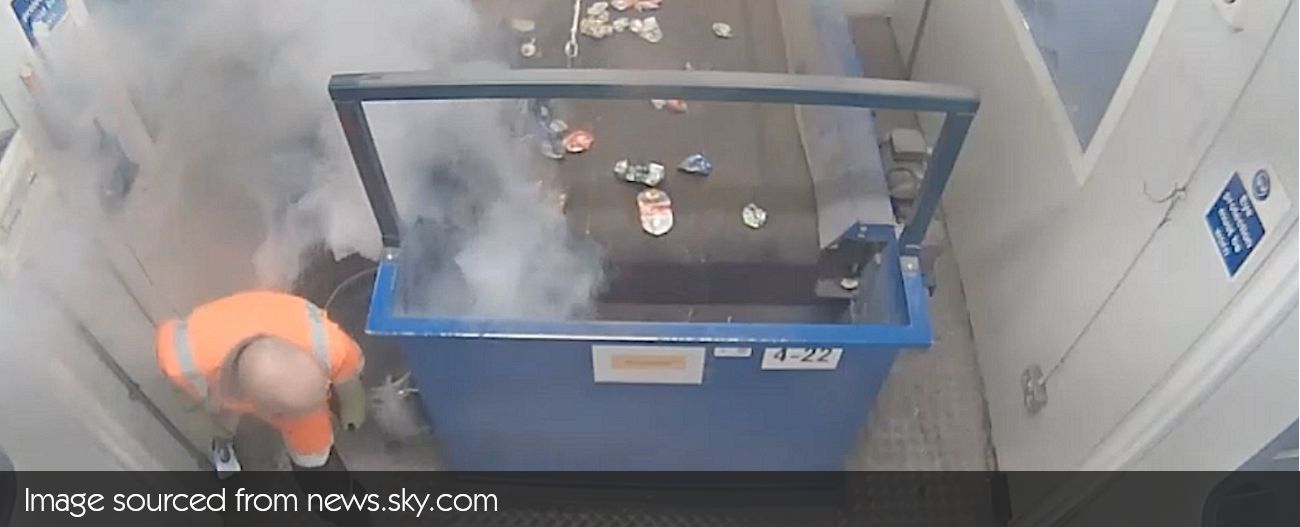This week it has been highlighted how dangerous disposing of batteries in general waste or recycling can be. Batteries that might seem dead and no longer work can cause dangerous incidents once collected, they have been called ‘zombie batteries’.
That can then cause other materials, like paper, cardboard and plastics, to ignite and lead to serious incidents that can put lives at risk, cause millions of pounds worth of damage and disrupt waste services.
The Environmental Services Association (ESA) has launched a campaign called Take Charge which encourages people to dispose of batteries properly.
The troublesome batteries are found in common products such as mobile phones, tablets, radio-controlled toys, electric shavers, toothbrushes and even e-cigarettes.
Between April 2019 and March 2020, these batteries were suspected to have caused around 250 fires at waste facilities. That’s over a third of all fires, up from 25% the previous year according to the latest data from ESA.
It’s likely that they are responsible for an even bigger proportion of fires as the precise cause is never established in many cases.
People in the UK throw away 22,000 tonnes of batteries a year, according to ESA, but only 45% are recycled properly.
You can dispose of batteries responsibly by using battery recycling points in shops and recycling centres, some councils also offer a battery kerbside collection, but you’ll need to check with your local council.
The National Fire Chiefs Council has said batteries in household waste and recycling facilities can lead to large-scale and protracted fires. These incidents are often very challenging for fire services to deal with and can cause significant disruption to communities.
If your business disposes of batteries, these need to be collected in a hazardous waste collection. If you would like to get a free quote for hazardous waste or any other waste and recycling collection you can;
Call us on 03330 433 033

 Sales 03308 285 687
Sales 03308 285 687 